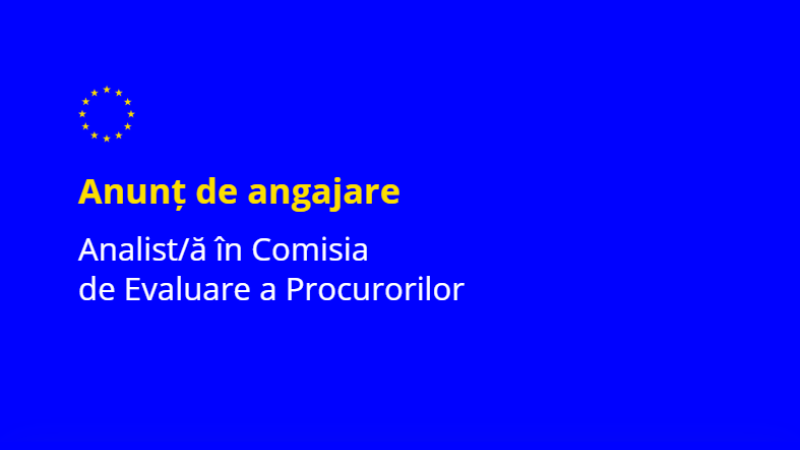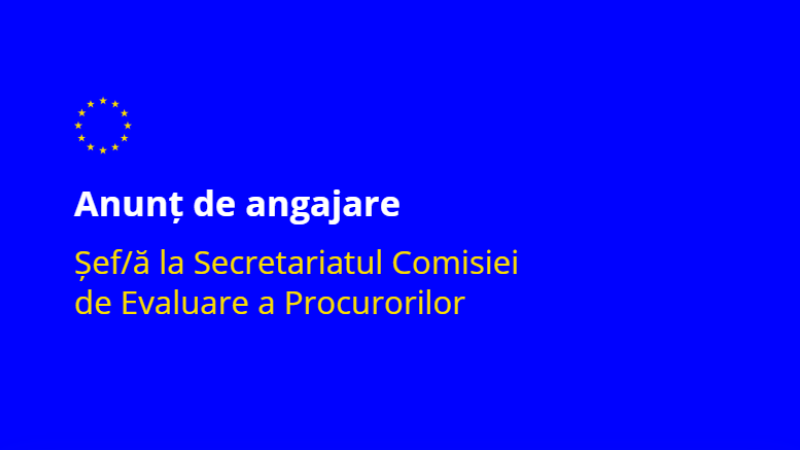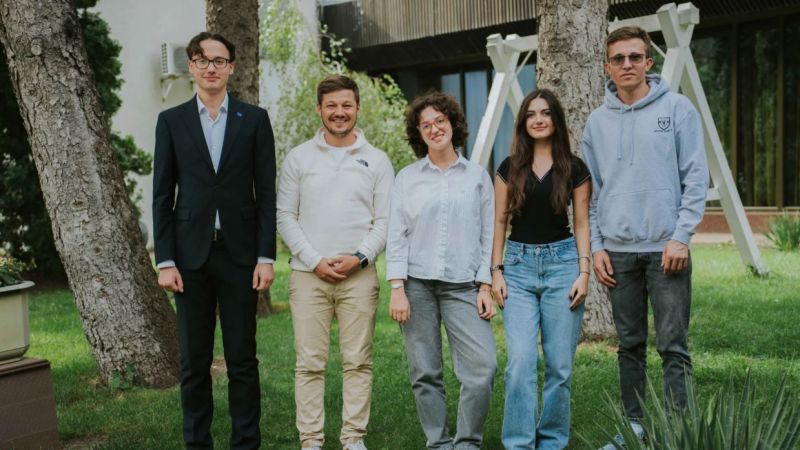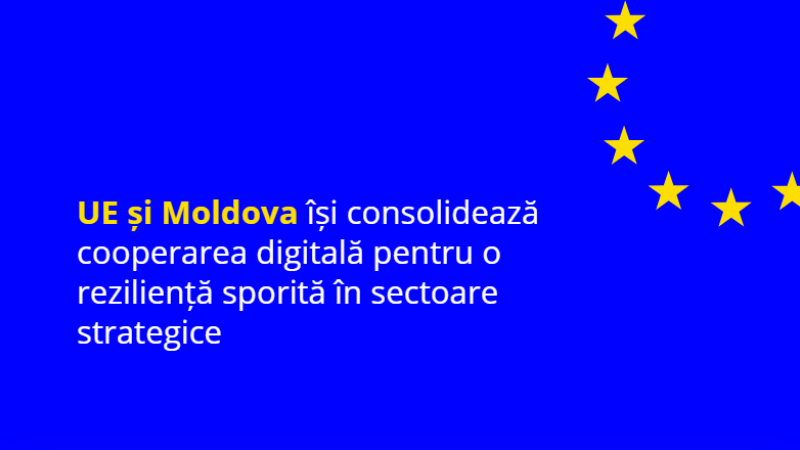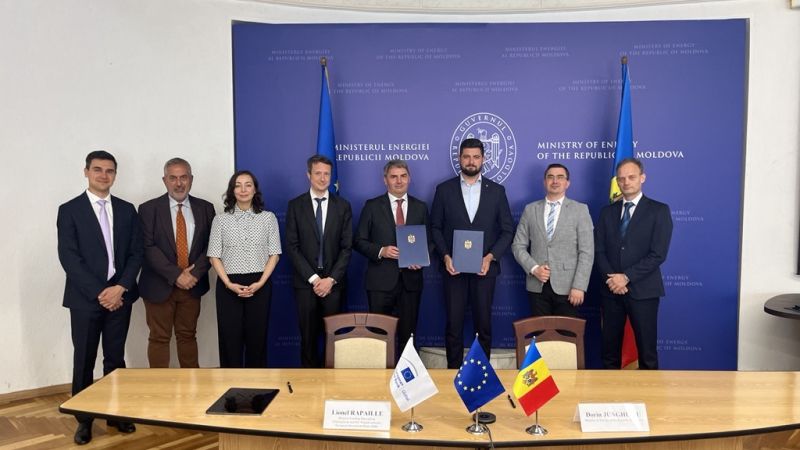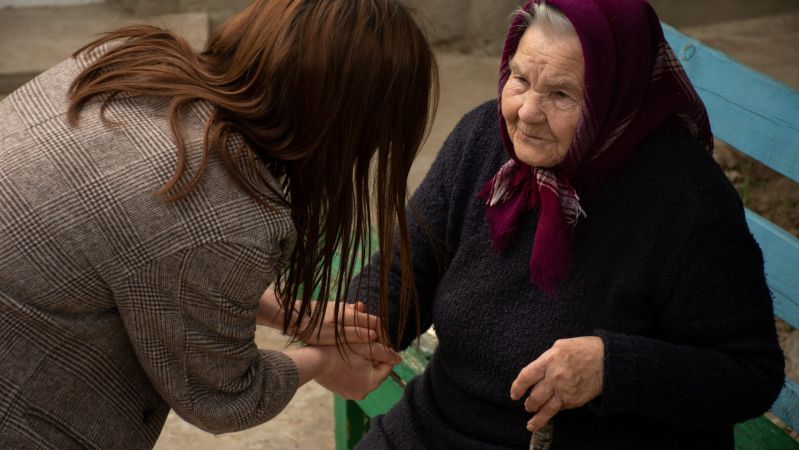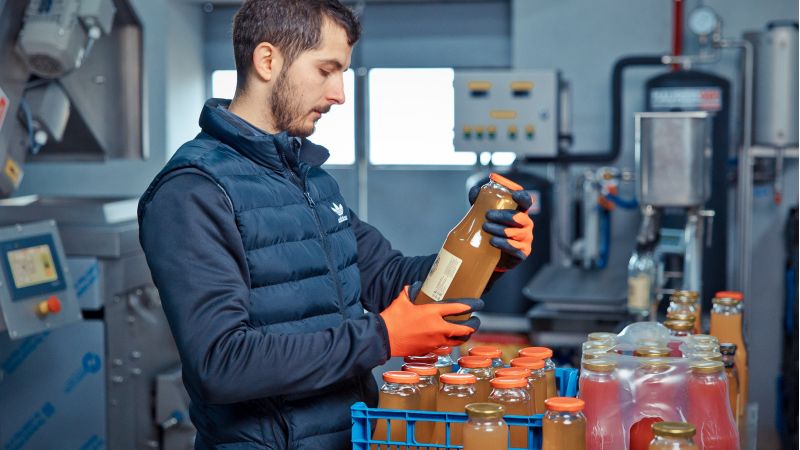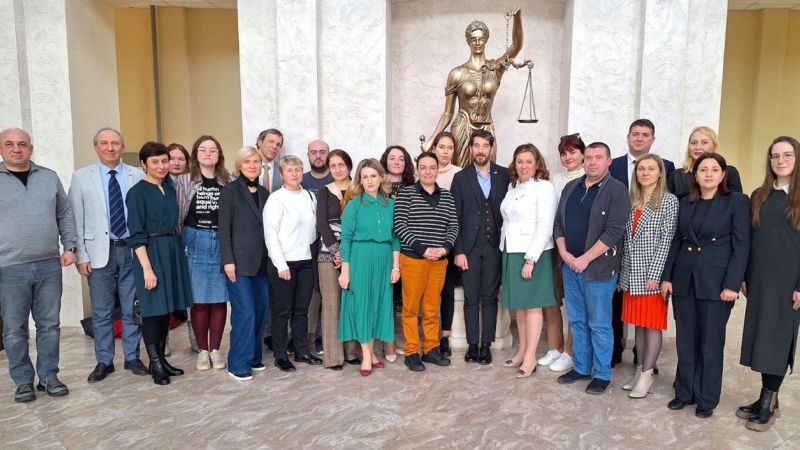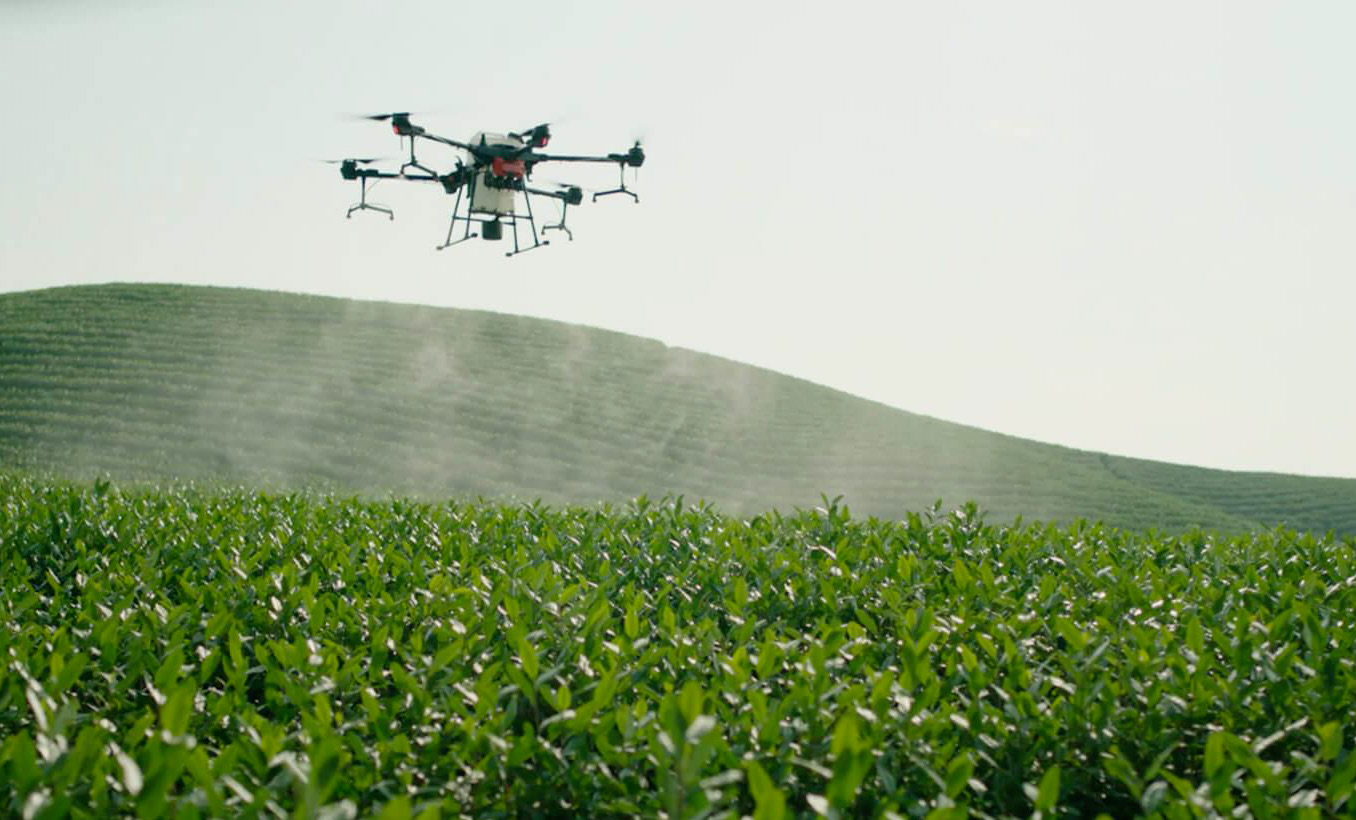
Tehnologiile digitale îi ajută pe fermieri să-și eficientizeze munca
Profesioniștii din fotografie sau cinematografie nu mai sunt singurii care folosesc dronele în beneficiul activității lor. Mai nou, lor li se alătură agricultorii, unii dintre care devin piloți de drone pentru a-și moderniza activitățile și a le face sustenabile. Alexandru Casap este un tânăr care a decis să aducă dronele agricole în Republica Moldova și să-i ajute pe fermieri să-și eficientizeze munca.
Acum câțiva ani, într-o discuție cu prietenii, Alexandru Casap a fost surprins să afle despre succesul cu care unele țări utilizează dronele în agricultură. Astfel, a apărut o idee care avea să se transforme în scurt timp într-un plan de afaceri.
„Am fost entuziasmat, m-am documentat, am analizat informația. Cel mai dificil a fost stabilirea parteneriatului cu producătorul, care a durat câteva luni”, spune directorul companiei Cabosal, Alexandru Casap.
Deschiderea afacerii a necesitat mai multe investiții. O parte din bani, 135.000 de lei, au fost accesați prin intermediul liniei de creditare Livada Moldovei, a Băncii Europene de Investiții.
La scurt timp, antreprenorul a reușit să înceapă importurile a două tipuri de drone care să îi ajute pe agricultori să-și facă munca mai eficientă și să evite pierderile. De exemplu, una din drone este utilizată pentru pulverizarea produselor de uz fitosanitar și a fertilizanților.
Drona zboară cu o viteză de până la 25 km/h, la 2-3 metri înălțime deasupra culturii și reușește să pulverizeze cu particule mici de apă. Astfel, în loc de 300 de litri de amestec pe hectar, necesari atunci când este utilizată tehnica tradițională, drona are nevoie doar de 20 de litri.
„Unii agricultori mai în vârstă au rețineri față de tehnologiile noi. Fiind deprinși cu tehnologia tradițională, uneori e dificil să ii convingi că poți stropi cu cantități mici de apă și că sunt suficienți și 20-30 de litri maximum. Datorită dronei, care pulverizează cu picături de 130-210 microni, lichidul se lipește deodată de plantă si nu mai e nevoie de stropit cu cantități mari de apă. Astfel, se reduce din cheltuieli. Atunci când se folosește o cantitate mare de apă, stropind, de exemplu, câte 300 de litri pe hectar, marea majoritate a apei se scurge în pământ și nu reușește să se absoarbă. Există și factorul ecologic. Nu se consumă combustibil și, astfel, sunt reduse emisiile de gaze”, spune Alexandru.
O altă dronă, dotată cu șase senzori, este capabilă să scaneze terenurile și să determine starea plantei. Drona multispectrală are o viteză de 47 km/h și poate zbura la o înălțime de maxim 100 de metri.
Totodată, după ce sunt colectatele datele multispectrale, un soft le prelucrează și poate crea o hartă a tratamentelor, care este ulterior încărcată în dronă, astfel încât anumite zone vor putea fi evitate. Printre cei care cumpără drone se numără agricultorii, precum și companiile care prestează servicii de stropit și analiză a datelor multispectrale. Prețul unei drone este de circa 19.000 de euro.
Prin intermediul Băncii Europene de Investiții, Uniunea Europeană oferă suport agricultorilor moldoveni pentru dezvoltarea afacerilor rurale și creșterea competitivității acestora.
Până în prezent, în cadrul liniei de creditare Livada Moldovei au fost finanțate 264 de proiecte investiționale, fiind alocată suma de 57,3 milioane de euro.
Mai multe detalii despre beneficiile și oportunitățile proiectului Livada Moldovei, aflați aici.
